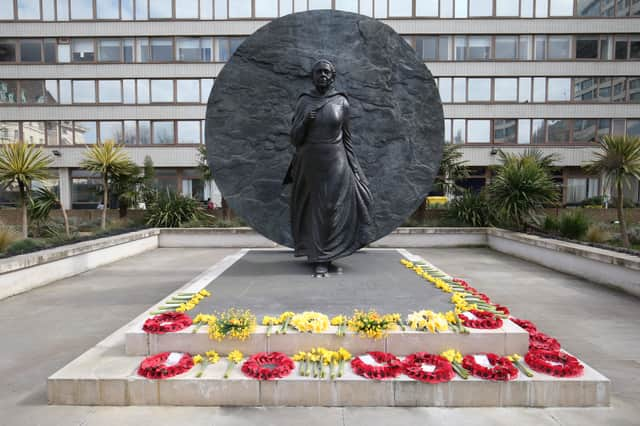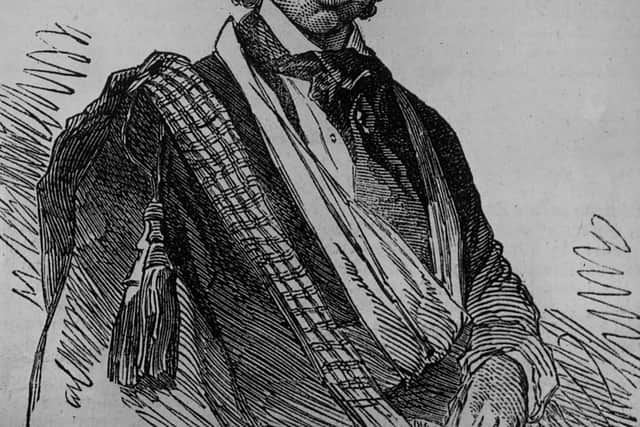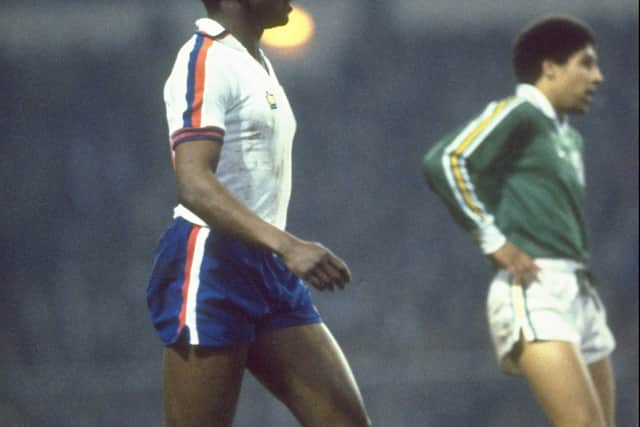Black History Month: People of colour from history which every Londoner should know


Throughout history, people of colour have contributed a huge amount to our city’s art, music, science and literary scenes.
Advertisement
Hide AdAdvertisement
Hide AdThat’s why every October is Black History Month: four weeks dedicated to celebrating the vibrant stories, culture and contributions black people have made across the UK.
Read on to meet the Londoners that you’ve probably never heard of, but definitely should have.
Mary Seacole (1805-1881)
Although she was born in Jamaica, Mary Seacole lived at 14 Soho Square for many years.
She grew up learning traditional medicine from her mother and when the Crimean War broke out bravely volunteered as a nurse, but was rejected because of her skin colour.
Advertisement
Hide AdAdvertisement
Hide AdDesperate to help injured soldiers, she raised the money herself and set up an alternative hospital and convalescence home on the front line.


Ellen (1826-1891) and William Craft (1824-1900)
Activists and freedom fighters Ellen and William Craft showed unbelievable courage by escaping their masters in Georgia to travel 1,000 miles, with Ellen posing as an ill white man seeking medical treatment and William as her servant.
They were pursued by bounty hunters and fled to England where they organised the London Emancipation Society, toured the country lecturing against slavery and published a book about their escape, Running a Thousand Miles for Freedom.
Phillis Wheatley (1753-1784)
Phillis Wheatley was the first African-American poet to have their work published.
Advertisement
Hide AdAdvertisement
Hide AdHer first collection was so brilliant it forced readers to confront the popular belief that Black people were less intelligent than white, which was often used to justify slavery.
As such Phillis is a key contributor to the anti-slavery movement as well as the UK’s literary canon.


Laurie Cunningham (1956-1989)
When Laurie Cunningham stepped onto the field in 1979 wearing an England jersey, he made history as once of the first black men to represent his country in an international football match.
Despite facing huge prejudice from fans and players alike, he paved the way for the brilliant black sportspeople who regularly represent Britain today.
Advertisement
Hide AdAdvertisement
Hide AdHe was also a semi-professional dancer earning him the nickname ‘the dancing footballer’.
John Richard Archer (1863-1932)
As mayor of Battersea, John Richard Archer became the first Black person to hold a senior public office in London, a huge step forward for politics.
After his year-long stint as mayor he continued to campaign for social justice, opposing cuts to unemployment relief and speaking out against a workhouse in Battersea known for its terrible conditions.
Comment Guidelines
National World encourages reader discussion on our stories. User feedback, insights and back-and-forth exchanges add a rich layer of context to reporting. Please review our Community Guidelines before commenting.